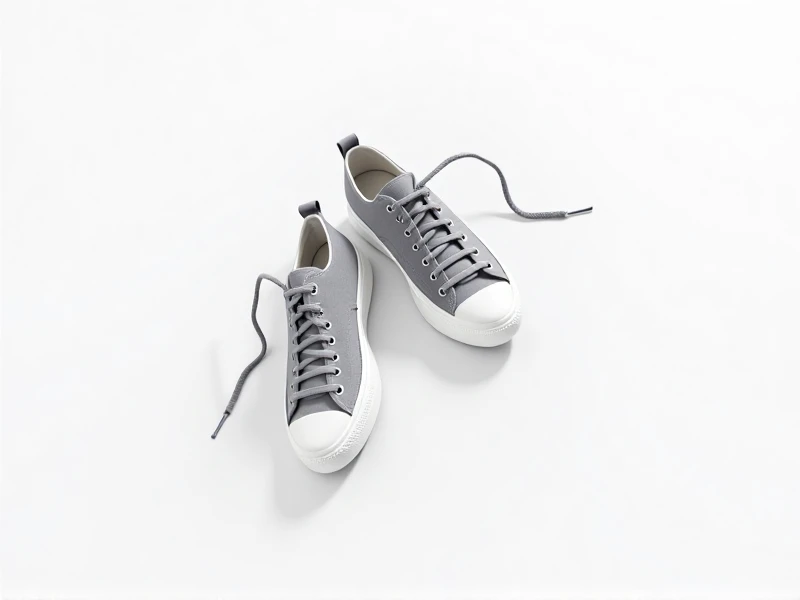
Shoe Comfort Secrets: Unlock Daily Happiness Step by Step
Imagine ending your day energized instead of wincing with every step. Finding genuinely comfortable shoes isn't a luxury; it's essential for well-being. The right footwear impacts your posture, energy levels, and long-term joint health. Understanding key factors transforms how your feet feel.
Why Comfort is King Uncomfortable shoes cause blisters, aches, and fatigue. They lead to poor alignment, radiating pain to knees, hips, and back. Prioritizing comfort isn't indulgence; it's preventative healthcare. Happy feet truly mean a happier, more active you.
Key Features of Comfortable Shoes
- Fit is Fundamental: Always measure both feet later in the day when they're slightly swollen. Ensure a thumb's width of space (about 3/8") at the toe. Width matters equally – avoid pinching or excessive slipping. Don't assume you're the same size across brands.
- Supportive Foundations: Look for adequate arch support matching your foot type (neutral, flat, high arch). A firm, stable heel counter (the back part) prevents excessive movement and rubbing. Flexible yet supportive midsoles cushion impact.
- Breathable Materials: Leather, canvas, and modern mesh uppers allow air circulation, reducing sweat and overheating. This minimizes friction and odor.
- Smart Cushioning: Quality insoles or removable footbeds provide shock absorption where you need it most. Memory foam, EVA, or specialized orthopedic inserts make a significant difference.
- Purpose-Driven Design: Match the shoe to your activity. Running shoes need bounce, work shoes need durability and support, dress shoes need flexibility and lighter materials tailored for intermittent wear.
Beyond Purchase: Ensuring Lasting Comfort
- Break Them In Gradually: Wear new shoes indoors for short periods before tackling a full day outside.
- Quality Socks: Moisture-wicking, seamless socks prevent blisters and add cushioning.
- Daily Rotation: Avoid wearing the exact same pair consecutively. Shoes need time to air out and recover their structure.
- Replace Worn Out Shoes: Even comfortable favorites lose support and cushioning over time. Pay attention to worn treads, compressed midsoles, or uneven wear.
Listening to Your Feet Persistent pain isn't normal. Consult a podiatrist or knowledgeable footwear specialist if discomfort continues. Custom orthotics might be necessary for specific conditions.
Comfortable shoes are an investment in your daily quality of life. By focusing on fit, support, quality materials, and proper care, you turn footwear from a necessity into a source of genuine relief. Lace up shoes designed for comfort and feel the difference in every stride. Your feet – and your entire body – will thank you. Discover the joy of stepping lightly, supported, and pain-free.